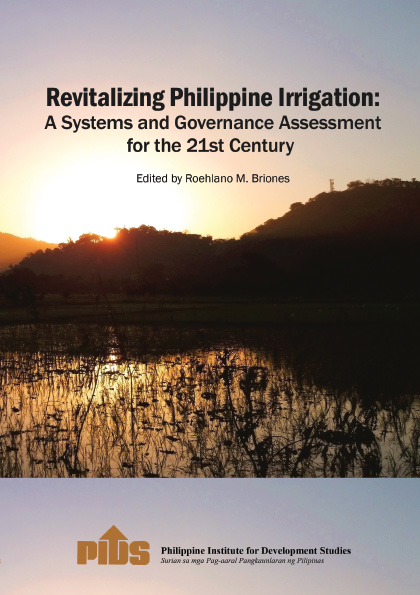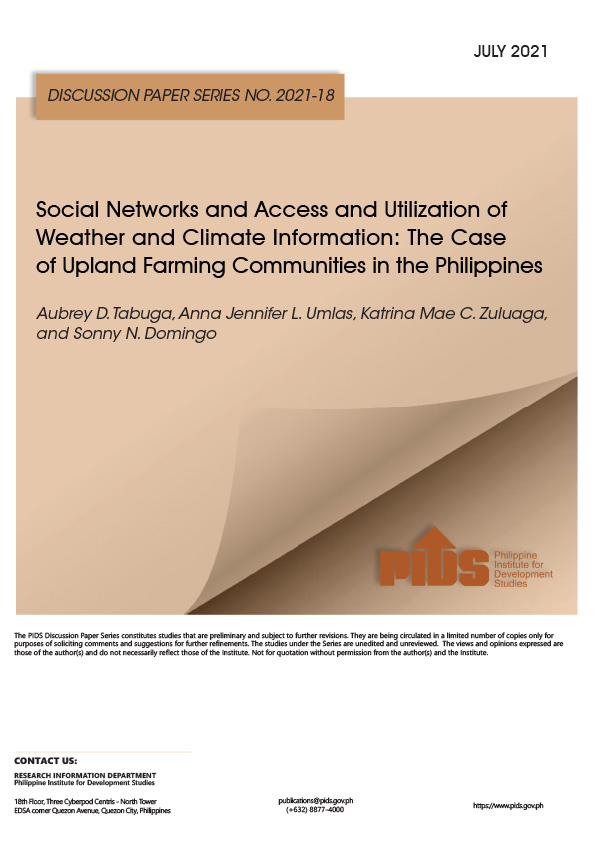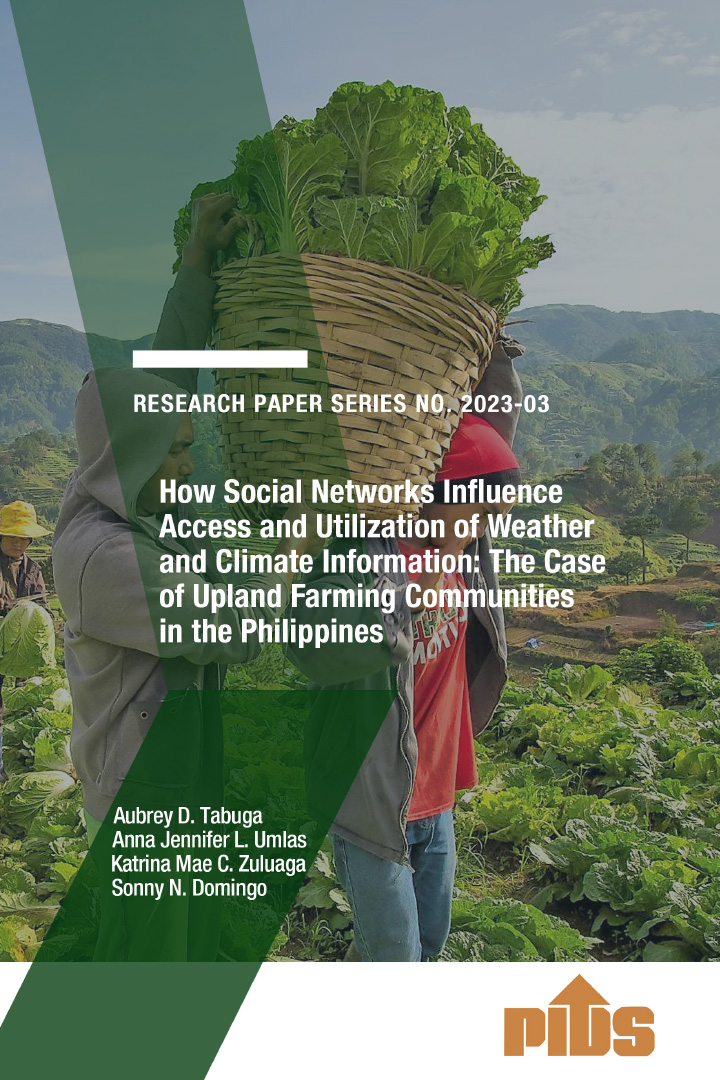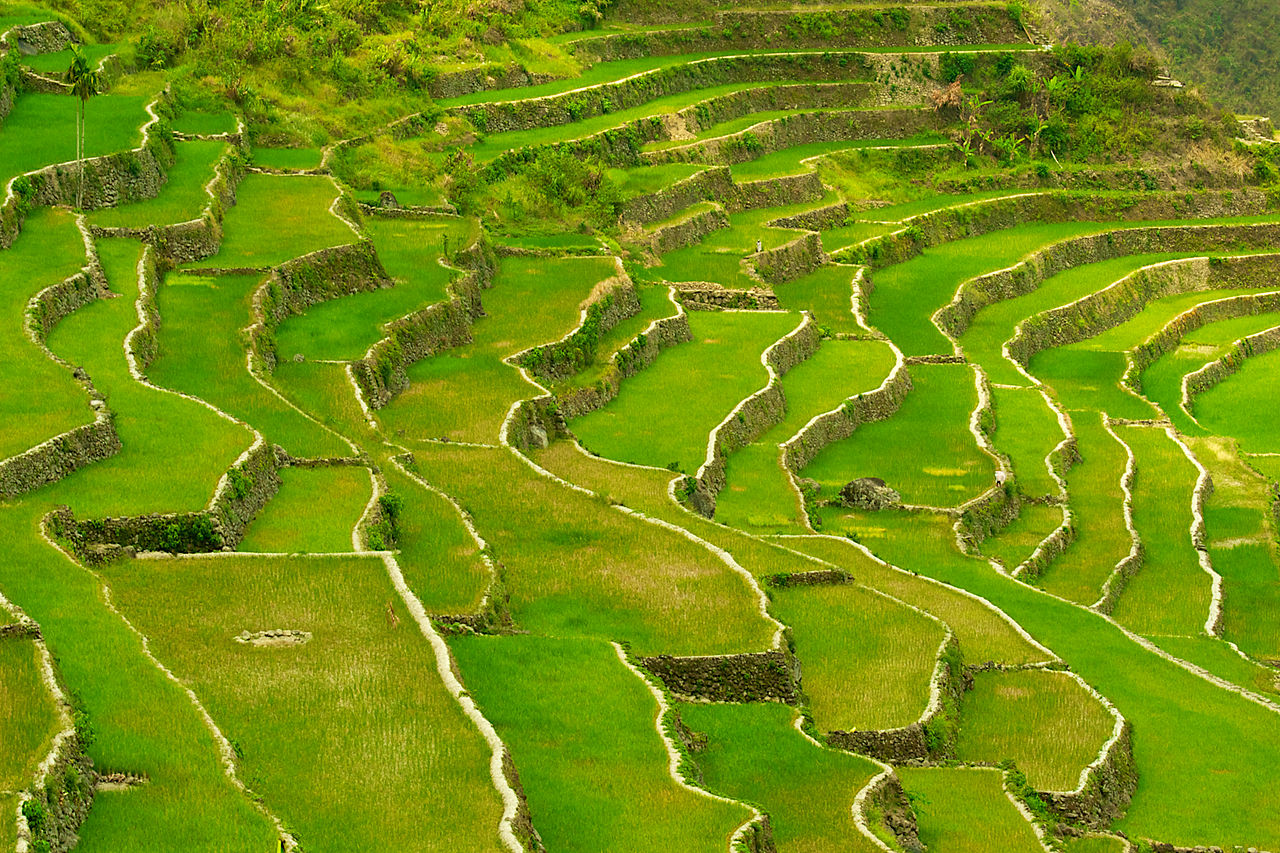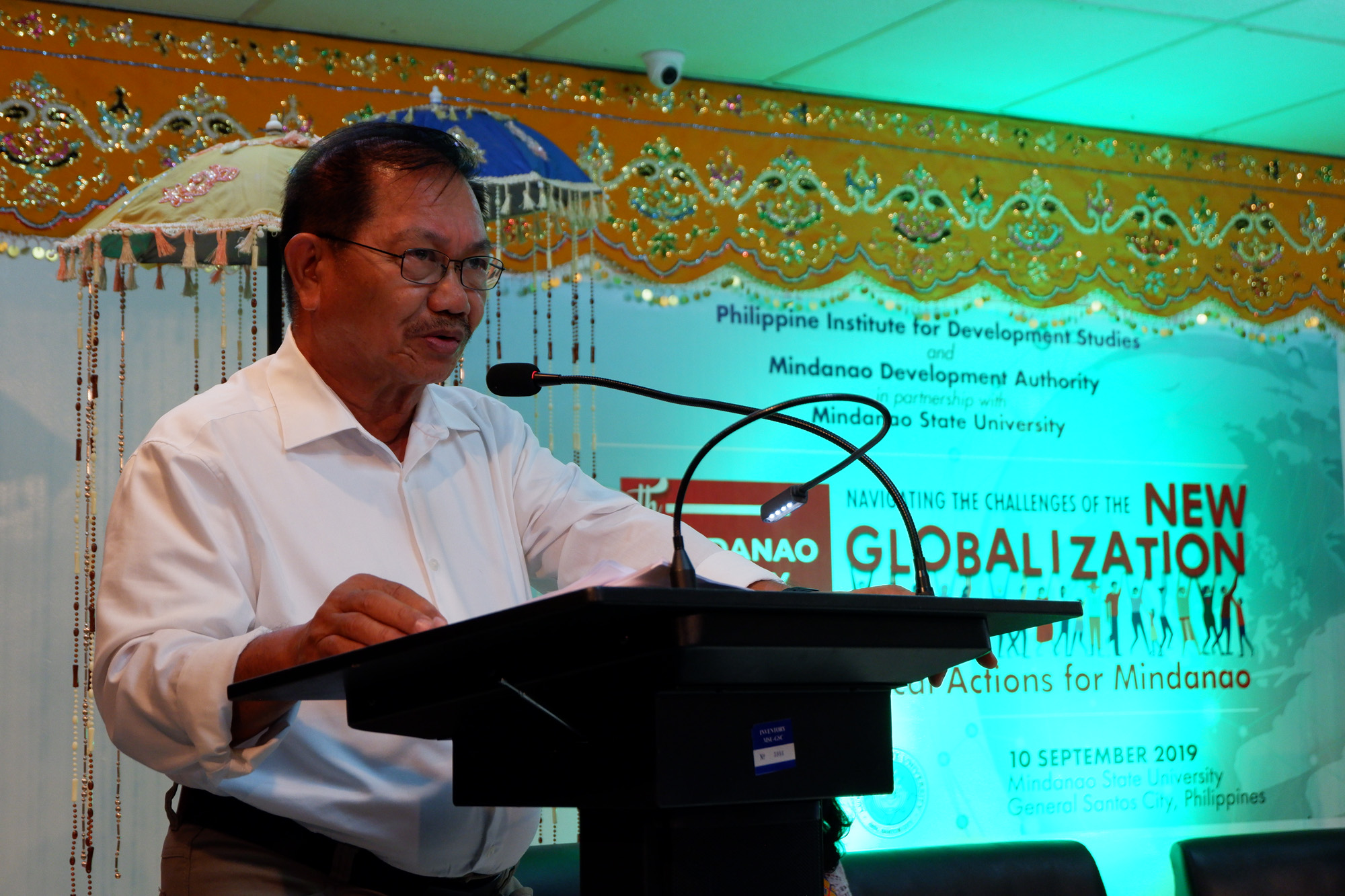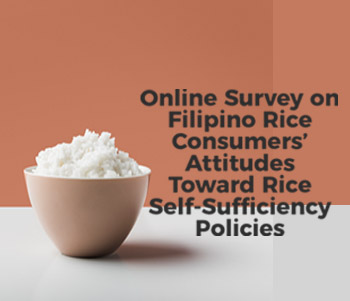Even a whiff of corruption, I will fire you.” This statement and variations on the theme of the “whiff of corruption,” have become President Rodrigo Duterte’s byword.
The “whiff of corruption” has led to the removal of Interior and Local Government Secretary Ismael Sueño, National Irrigation Authority head Peter Laviña, Bureau of Immigration Assistant Commissioners Al Argosino and Michael Robles, and 92 officials from the Land Transportation Office and the Land Transportation Franchising and Regulatory Board.
The most recent casualty of the “whiff of corruption” is the Undersecretary of the Office of the Cabinet, Maia Chiara Halmen Valdez.
In some cases, the act of corruption was brazen as in the case of the two immigration officials who were caught on video receiving bribe money amounting to P50 million.
>But with regard to the dismissal of Ms. Valdez, the news stories suggest that the issue is not about corruption but about a policy question.
The title of a news item from ABS-CBN news says: “Duterte fires Undersecretary over rice importation ‘irregularities.’” A closer reading of the story and other articles reveals that the “irregularities” pertain to rice policy and the proper role of the National Food Authority (NFA).
The dismissed undersecretary, acting on behalf of the National Food Authority Council, chaired by Office of the Cabinet Secretary Leoncio Evasco, Jr., overruled the unilateral decision of the NFA Administrator Jason Aquino to suspend rice importation. Mr. Aquino’s justification: Importation is unnecessary at this time, for it is still the harvest season. Mr. Aquino resists the NFAC decision to implement the rice importation, in compliance with the minimum access volume (MAV) provision that the Philippine government is committed to follow. The MAV is a World Trade Organization ruling that the country has agreed to, in exchange for keeping the protectionist quantitative restrictions (QR). The MAV allows the private sector to import rice based on a quota.
The fact is, based on the Philippine commitment to the WTO, the QR should be lifted this year, 2017. The QR will be replaced by tariffs.
Mr. Aquino also opposes the private sector from importing rice and wants to put in place government-to-government (G2G) rice importation.
But as various studies (e.g., Philippine Institute for Development Studies) have shown and as articulated by Ms. Valdez, the GTG transactions in the Philippines are predisposed to opacity, corruption, waste, and inefficiency.
>President Duterte has sided with NFA Administrator Aquino as well as with Agriculture Secretary Emmanuel Piñol. Said Mr. Duterte: “How can I face the farmers? Why should we allow importation to compete with local products? Of course, it didn’t push through because I stopped it.”
Now, that statement is appealing to the farmers. It arouses populist and nationalist sentiments. But it is the wrong kind of nationalism. And it is the wrong way of protecting the farmers.
The trade-off is costly.
In spite of the aggressive drive for rice self-sufficiency during the term of Benigno S. C. Aquino III, which was done at huge costs, the Philippines has remained a net importer of rice
Not known to many, “the Philippines has imported rice almost every year since 1869.” (This quotation is from a presentation done by Justin D. McKinley, Lanier Nalley, and Nate B. Lyman on food security vs. self-sufficiency, Department of Agricultural Economics and Agribusiness, University of Arkansas, 2013.) Mainly because of limited land endowment, typhoon weather, and high population density, the Philippines finds it almost impossible to attain 100% rice self-sufficiency.
The policy of restricting rice importation to enable rice self-sufficiency only jacks up prices. Less supply means higher prices. Worse, the ban creates speculation and manipulation, leading to greater shortages. Food, especially, rice, has the greatest weight in the inflation basket. The poor suffer most because rice constitutes a higher share of their budget. Steeper rice prices because of shortage translate into hunger or malnutrition for the poor. Add to this the fact that net sellers of rice are very few, mainly the rich farmers.
>A ban on rice imports, even a temporary one, is ineffective. It does not help Filipino farmers at all, for the restriction does not enable conditions to improve productivity and competitiveness. Worse, the restriction hits the poor most and undermines the macroeconomy.
The correct approach is to improve domestic production and productivity and let farmers choose which crop will generate more income or benefits for his family. There are areas where rice production has a comparative advantage, but we cannot impose something that will be done that entails great costs to society.
To return to the theme of “whiff of corruption,” I have a different take. What breeds corruption is what Mssrs. Duterte, Aquino, and Piñol want -- the ban on rice importation and the insistence on having G2G transactions. There, I smell a rat.
Filomeno S. Sta. Ana III coordinates the Action for Economic Reforms.

